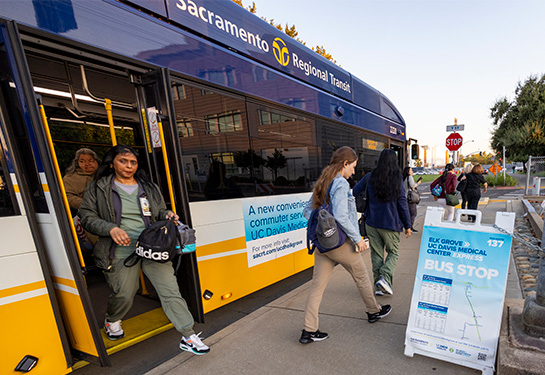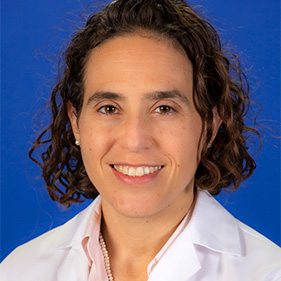How does transportation impact dialysis patient outcomes?
New study looks at association of transportation insecurity and dialysis treatment outcomes
An estimated 35.5 million Americans have kidney disease and more than 554,000 of them are on dialysis, according to the National Kidney Foundation.
Dialysis is a treatment to replace the filtering function of the kidneys. It removes waste and extra fluid from a person’s blood, and then returns the filtered blood into their body.
Most patients go to a dialysis center three times a week, where each treatment takes three to four hours to complete. Skipping dialysis can be harmful — causing fluid overload, high potassium and elevated phosphorus levels — and can lead to severe health problems.
Dialysis requires consistency and a significant time commitment. But what happens when patients don’t have reliable transportation? How consistently can they receive dialysis treatment?
That is a question UC Davis Health researchers are asking. Through a collaborative effort between Family and Community Medicine and Nephrology, a team of researchers are conducting a study to better understand the impact transportation and different modes of transportation have on dialysis patient outcomes.
“As a nephrologist, I see patients missing their dialysis appointments on a daily basis due to the variable quality of their transportation,” explained Baback Roshanravan, associate professor of nephrology at UC Davis Health. “However, we have little research about who qualifies as transportation insecure and how we can best help them.”
Transportation data collection
For the study, researchers will be working with a prospective cohort of 300 patients. Through U.S. Renal Care, they will collect transportation screening data from dialysis centers across the country and then look at each patient’s outcomes following one-year of treatment.
The researchers will also analyze a quantitative data set looking at the associations of patient outcomes and particular modes of transport, including services provided by Medicaid, paratransit, public transportation or private pay transportation.
“Our hope is this data will help guide us on how to screen for patients who are transportation insecure and help us develop the best strategies to better support them,” said Na’amah Razon, assistant professor of family and community medicine at UC Davis Health and principal investigator of the study.
Our hope is this data will help guide us on how to screen for patients who are transportation insecure and help us develop the best strategies to better support them.” —Na’amah Razon
Measuring transportation insecurity
Researchers will also evaluate different tools to measure the extent transportation impacts dialysis patient outcomes.
One of the tools is the Transportation Security Index developed at the University of Michigan. It is the first validated measure of transportation security that offers insights into who experiences transportation insecurity and enables researchers and practitioners to determine which interventions can improve this condition.
“The transportation security index is modeled after the food security index,” explained Razon. “The survey is composed of items that focus on the material and relational aspects of transportation insecurity.”
Razon added, “We don’t really have a common language with a shared definition to talk about or measure transportation insecurity. This index could help us identify the symptoms of transportation insecurity and think about specific interventions that could move the needle.”
The study is being funded by the Mentored Patient-Oriented Research Career Development Award (K23) from the National Institute of Diabetes and Digestive and Kidney Diseases (NIDDK). The K23 supports the career development of individuals with a clinical doctoral degree who focus their research endeavors on patient-oriented research.
Collaborators include researchers from the University of Michigan, Stanford University, University of California San Francisco and Vanderbilt University.





